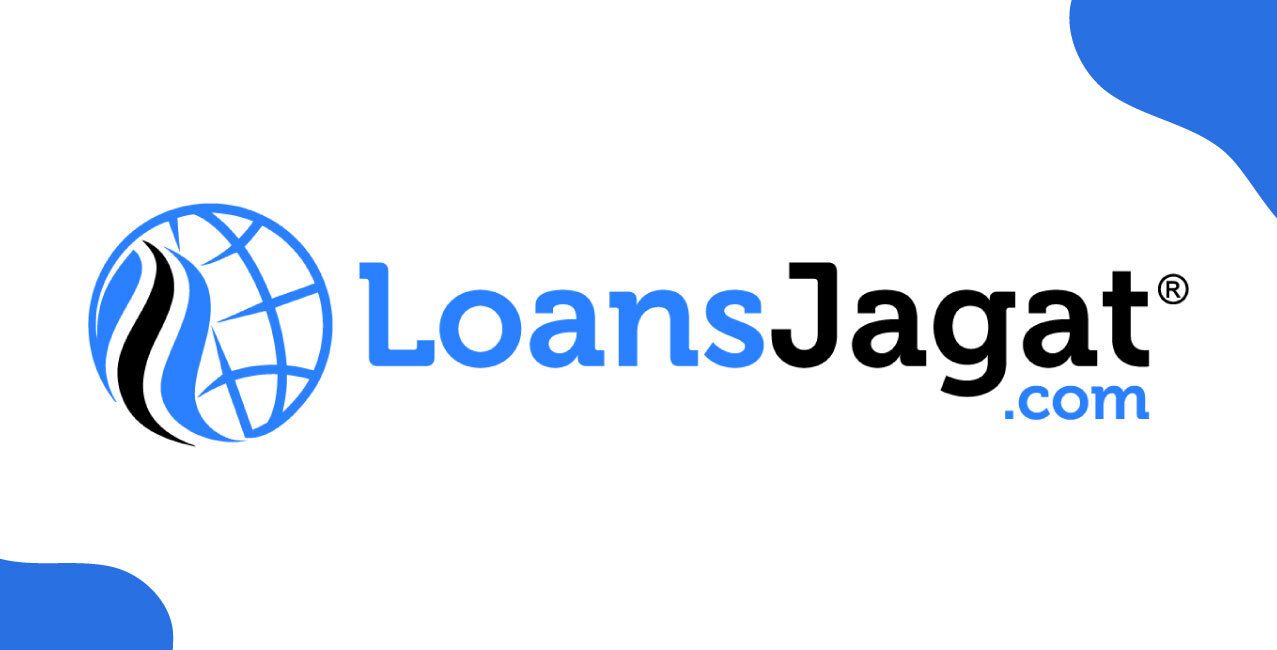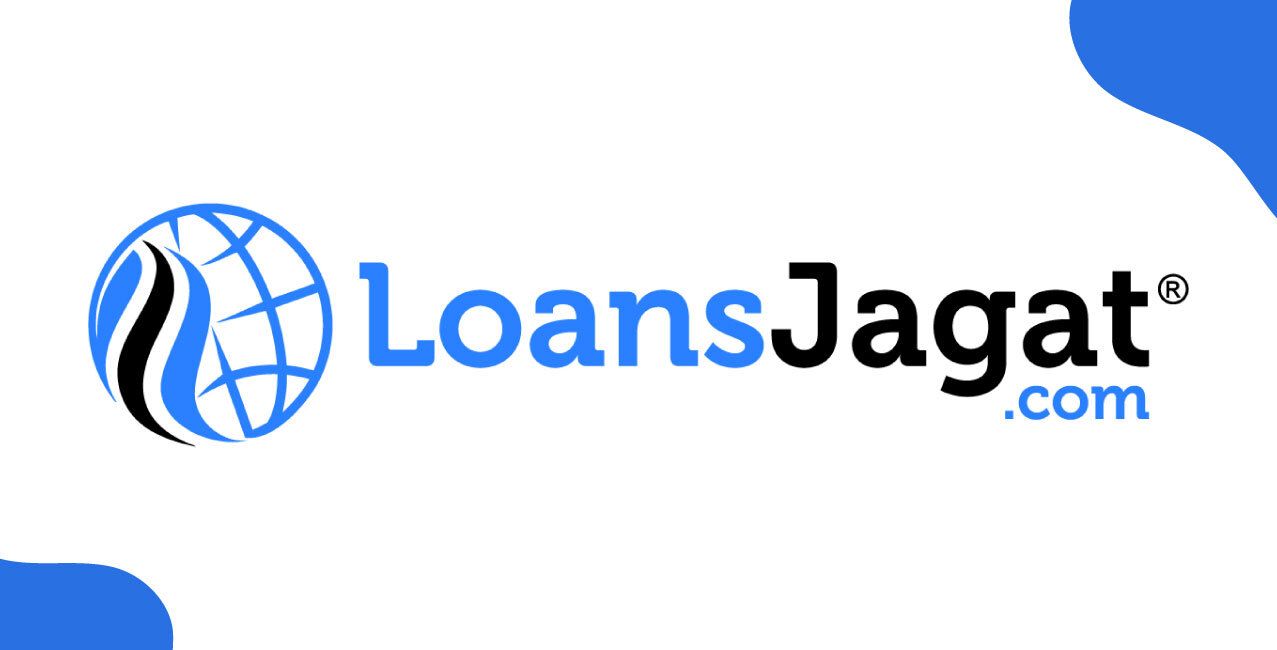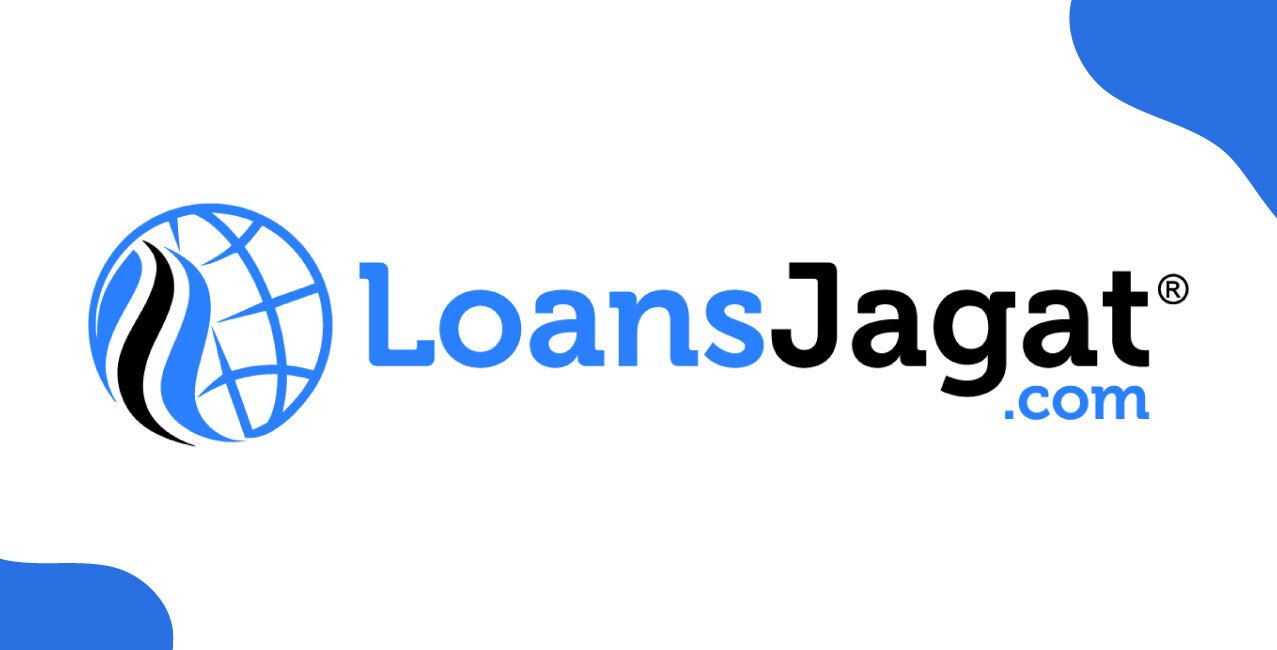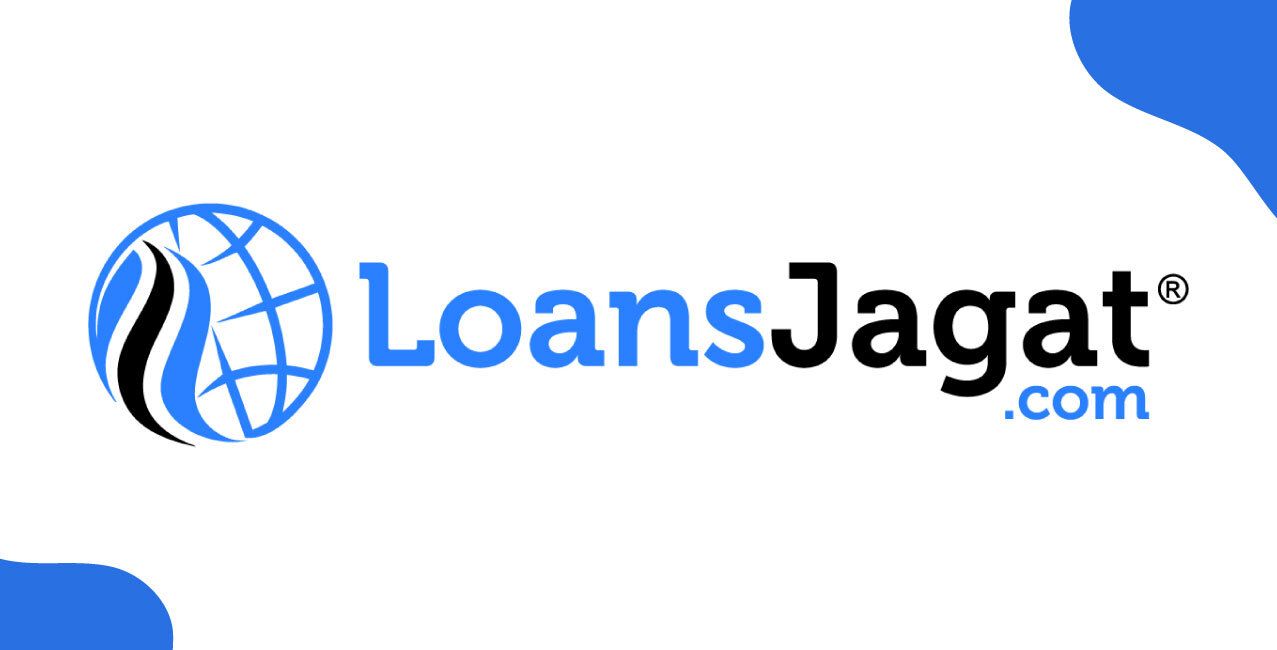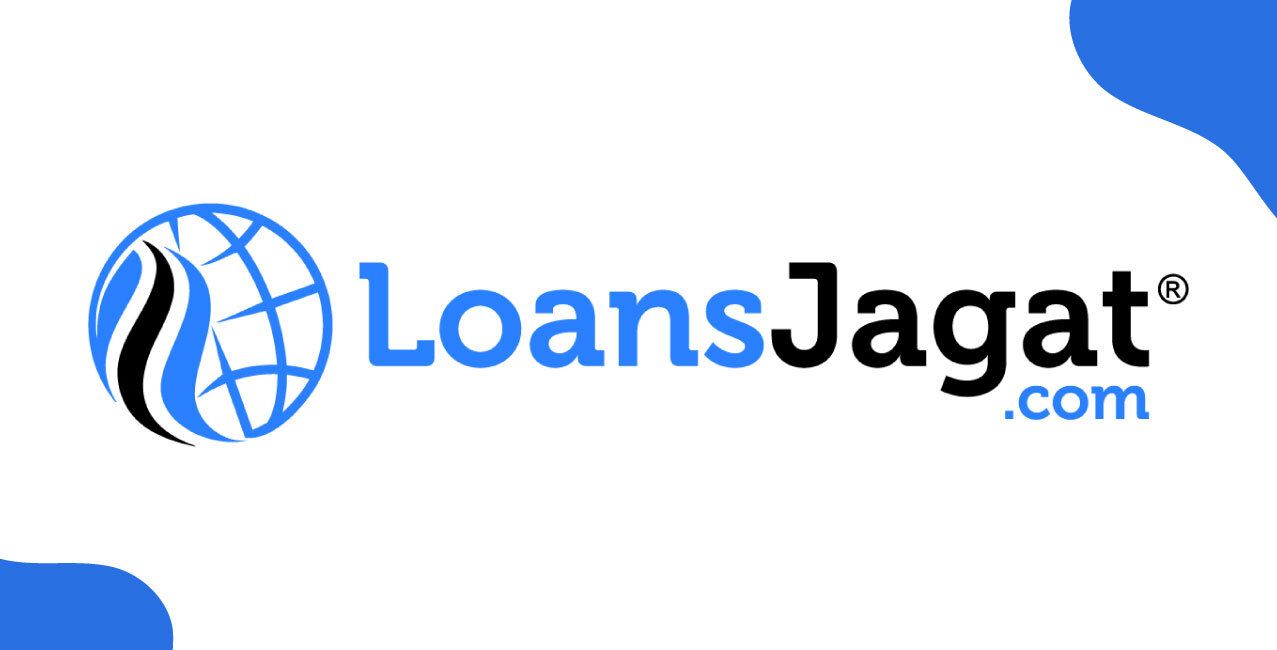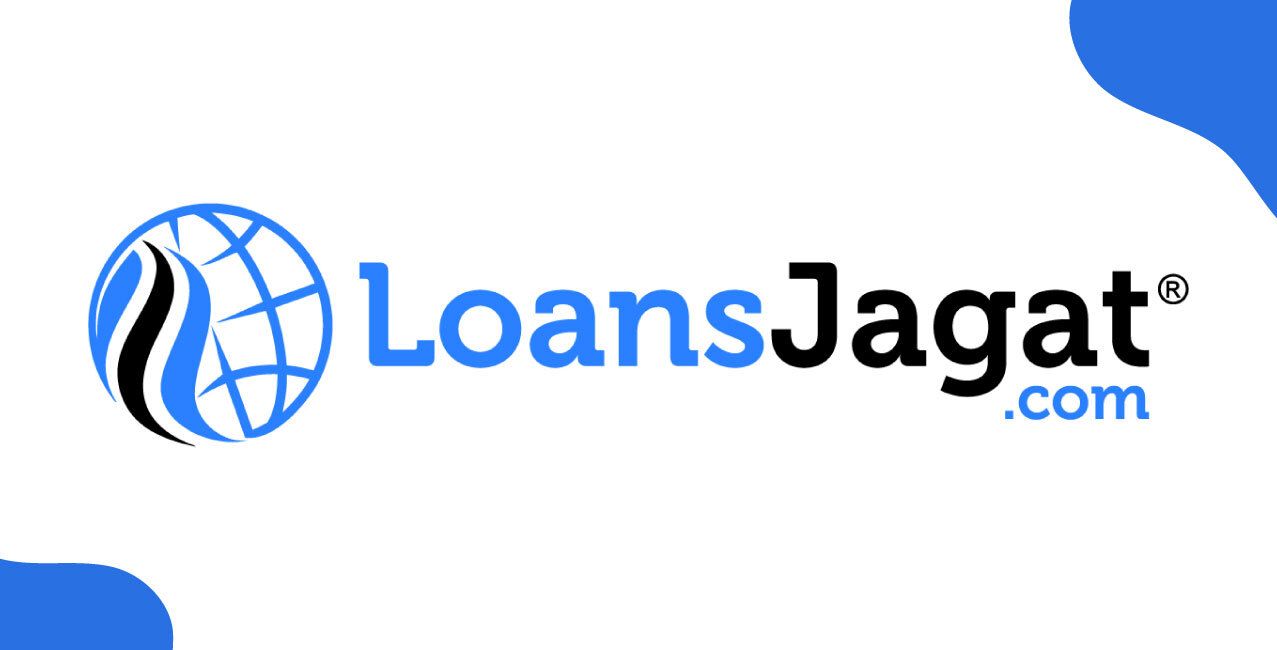What is foreclosure, and how does it affect a credit score
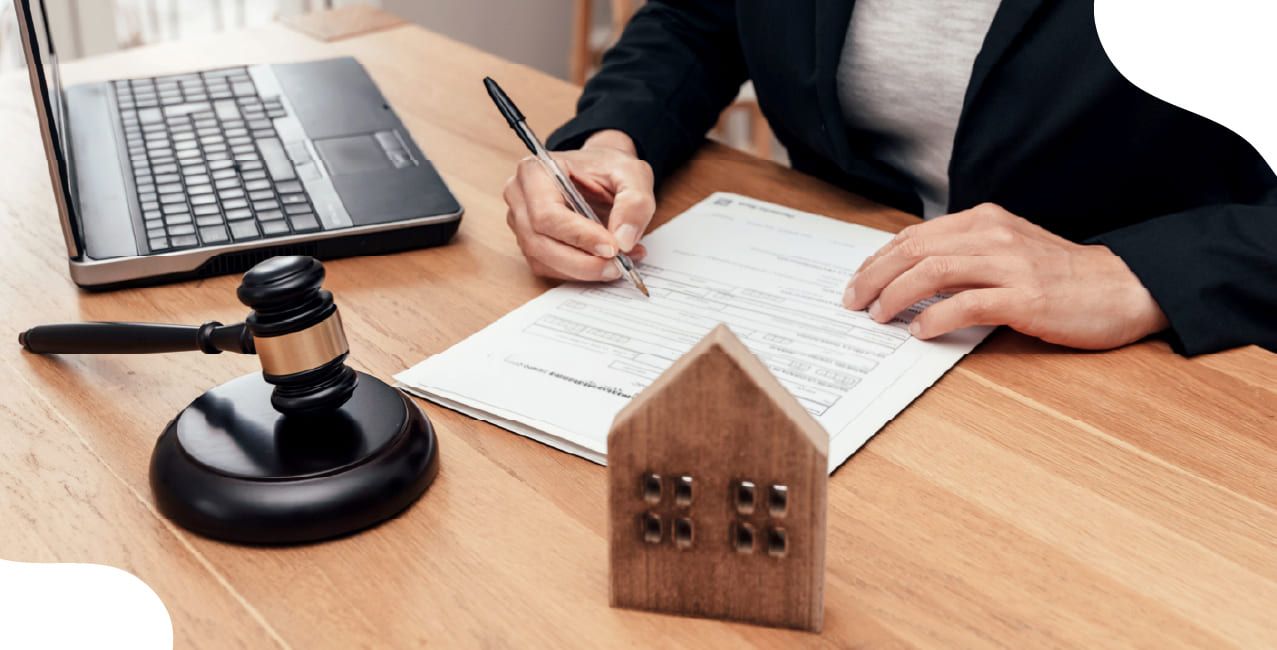
Check Your Loan Eligibility Now
By continuing, you agree to LoansJagat's Credit Report Terms of Use, Terms and Conditions, Privacy Policy, and authorize contact via Call, SMS, Email, or WhatsApp
- Save Money, Mind the Dip: Although you will ultimately save a lot of money on interest by foreclosing on a loan, you should anticipate a brief, minor decline in your credit score for a few months.
- Examine Fees & Future Plans: Before paying it off, consider bank fees and whether you may need a new loan soon. This is because a recent foreclosure may affect your loan's approval.
- It's a Strategic Decision: Balance the short-term credit impact against the peace of mind that comes with being debt-free. It's a wise financial decision if the calculations add up.
Foreclosure, also known as pre-foreclosure, is the process of paying off your loan in full before it expires. Although it saves interest, your credit score might be impacted.
Example:
Aman took out a five-year, ₹5,00,000 personal loan. When he had extra cash after two years, he chose to pay the remaining ₹3,00,000 to foreclose the loan. He avoided paying interest of ₹50,000 as a result!
Table:
The table below explains foreclosure in simple terms:
This table helps you better understand the foreclosure process.
If you save money on interest, foreclosure might be a good idea, but check fees and credit impact first. This blog helps you make a well-informed choice. Let's now examine the effect of foreclosure on your credit score.
What Happens to Your Credit Score When You Foreclose a Loan?
Paying off a loan before its due date is known as prepaying (foreclosure). It can temporarily lower your credit score even though it saves interest. Let's examine the causes of this and explore ways to mitigate its effects.
Akash’s Foreclosure Story
Akash, an IT professional, took a ₹10,00,000 personal loan for a 5-year term. After 2 years, he got a bonus and decided to foreclose the loan by paying the remaining ₹6,00,000.
What Happened Next?
Debt settlement saves immediate cash but can damage credit health.
- Good: He saved ₹1,50,000 in interest.
- Bad: His CIBIL score dropped by 15 points temporarily.
Short-term savings must be weighed against long-term access to credit.
Because lenders prefer long-term repayment patterns, early loan closure lowers your "credit mix," which has a minor impact on your score.
How Does Foreclosure Impact Your Credit Score?
Your credit score (CIBIL score) depends on:
- Repayment History (35%): Timely EMIs boost your score.
- Credit Utilisation (30%): Lower debt improves your score.
- Loan Tenure (15%): A longer credit history is better.
Consistent good credit behaviour is key to a high score.
Negative Effects of Foreclosure
Closing a loan can temporarily lower your credit score.
- Short-Term Drop: Your score may dip by 10-30 points for a few months.
- Reduces Credit Mix: Lenders prefer borrowers with a mix of active loans.
- May Affect Future Loans: If you apply for a new loan soon after, banks may see you as less creditworthy.
Consider timing and need before closing an active loan.
Table:
Here’s a simple breakdown of how foreclosure influences your credit health:
This table helps you clearly see both the short-term and long-term effects.
How to Minimise the Damage?
Protect your credit score by managing your credit mix and regularly monitoring your reports.
- Keep Other Loans/CCs Active: Maintain a healthy credit mix to ensure a diverse financial profile.
- Avoid Multiple Foreclosures: Frequent foreclosures can appear risky.
- Check Credit Report: Ensure no errors post-foreclosure. (Check your CIBIL report here.)
Innovative management after foreclosure safeguards future credit health.
Foreclosure saves money on interest, but can briefly hurt your credit score. The drop is temporary, and your score recovers if you manage other loans well.
Bonus Tip: Most banks charge a foreclosure fee, typically ranging from 2% to 5% of the outstanding loan amount. Always check your loan agreement's "fine print" for the exact charges before proceeding.
Pros and Cons of Foreclosure: Explained with Examples
Here is a straightforward table that uses actual cases to compare the benefits and drawbacks of loan foreclosure:
It is Good for saving interest, reducing debt, and maintaining long-term credit health, but bad for Temporary credit score dips, foreclosure fees, and loss of tax benefits (for home loans). If you have extra money, compare foreclosure charges vs. interest savings before deciding.
Bonus Tip: If your loan's interest rate is higher than what you can earn from investments (e.g., a 12% loan vs. 8% returns), foreclosing is usually the more intelligent financial decision.
Conclusion
If you have extra money and want to reduce interest costs, foreclosing on a loan may be a wise decision. Please note that this may temporarily lower your credit score by 10–20 points and incur a small fee.
Consider it this way: you are exchanging a small amount of immediate discomfort for significant long-term savings. Make sure you won't need that money anytime soon. Check your bank's policies to determine how much you'll actually save before making a decision.
If all the odds are in your favour, filing for foreclosure could help you save thousands of dollars in interest payments and get debt-free sooner. If done correctly, it's a smart move!
FAQs
Will my bank charge me extra if I pay off my loan early?
Yes, most banks charge 2-5% of the remaining amount as foreclosure fees. Always check your loan agreement first.
How much money will I save by foreclosing?
You save all future interest. For example, on a ₹5,00,000 loan, you might save ₹1-2,00,000 by closing 2 years early.
Does foreclosure hurt my CIBIL score?
It may cause a small, temporary drop (10-20 points), but it typically recovers within 3-6 months if other loans are managed well.
Can I foreclose just part of my loan instead?
Yes! Most banks allow partial prepayment, where you pay a lump sum without closing the full loan.
Is foreclosure better than continuing EMIs?
Only if you have spare cash and no high-interest debts (like credit cards), otherwise, keep paying EMIs.
How soon can I foreclose after taking a loan?
Most banks require a wait of 6 to 12 months before allowing foreclosure. Check your loan terms.
Will I lose tax benefits if I close my home loan early?
Yes, home loan tax benefits stop once you foreclose the loan.
What documents are required for foreclosure?
Just your ID proof and a written request to your bank. They'll give you a final payment amount.
Can I negotiate foreclosure charges with my bank?
Sometimes! If you're a long-time customer, the bank may reduce or waive fees; always ask.
Should I use my savings to pay off debt or invest that money?
Compare: If your loan interest rate is higher than investment returns (like 12% vs. 8%), foreclosing is a smarter option.
Other Related Pages | |||
About the author

LoansJagat Team
Contributor‘Simplify Finance for Everyone.’ This is the common goal of our team, as we try to explain any topic with relatable examples. From personal to business finance, managing EMIs to becoming debt-free, we do extensive research on each and every parameter, so you don’t have to. Scroll up and have a look at what 15+ years of experience in the BFSI sector looks like.
Subscribe Now
Related Blog Post
Recent Blogs
All Topics
Contents
Quick Apply Loan
Consolidate your debts into one easy EMI.
Takes less than 2 minutes. No paperwork.
10 Lakhs+
Trusted Customers
2000 Cr+
Loans Disbursed
4.7/5
Google Reviews
20+
Banks & NBFCs Offers
Other services mentioned in this article



